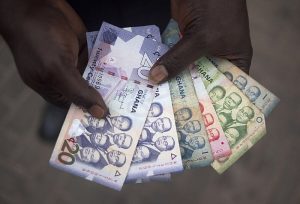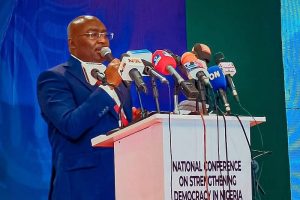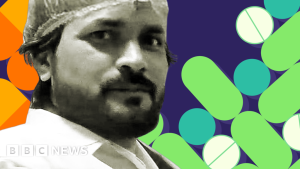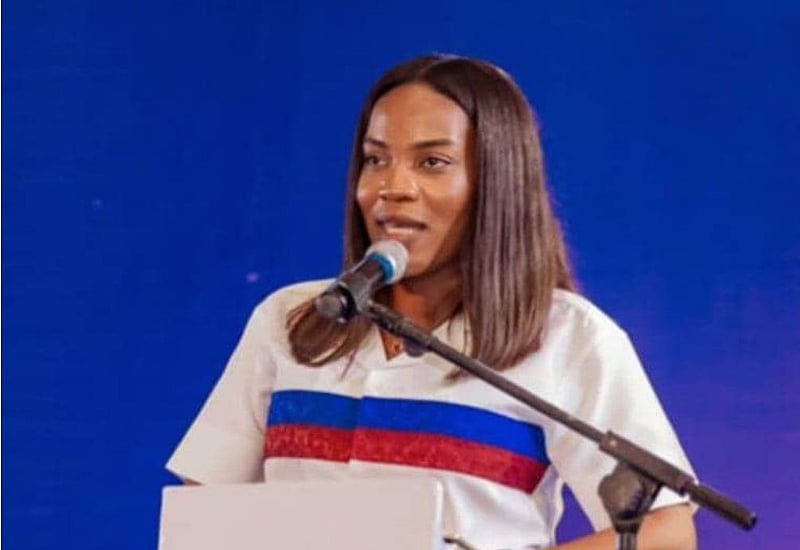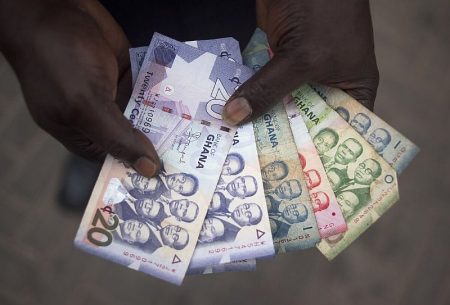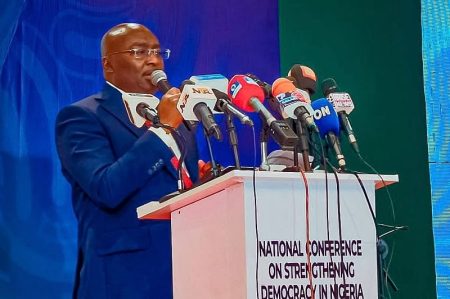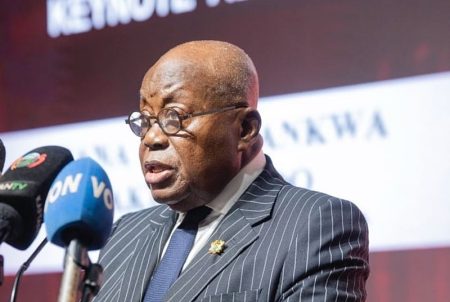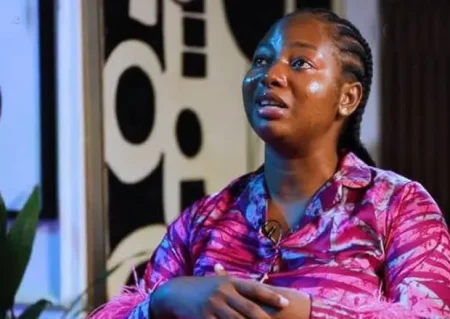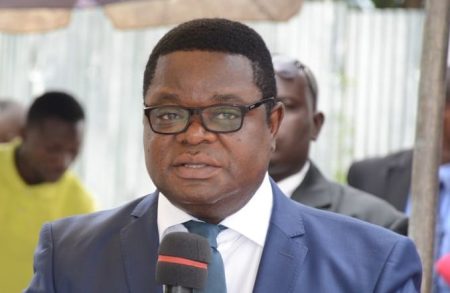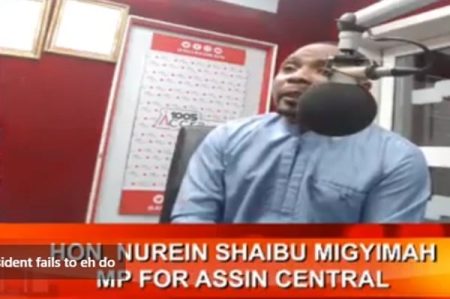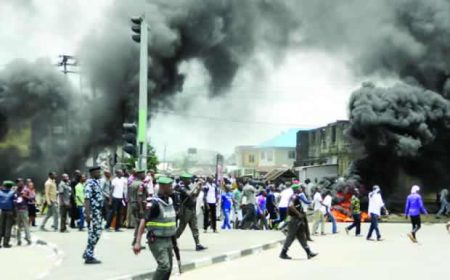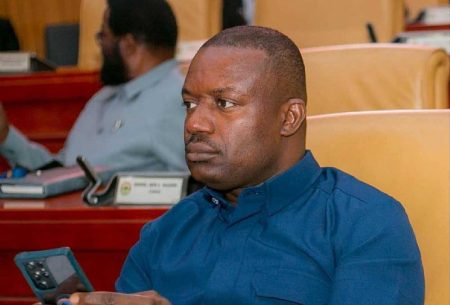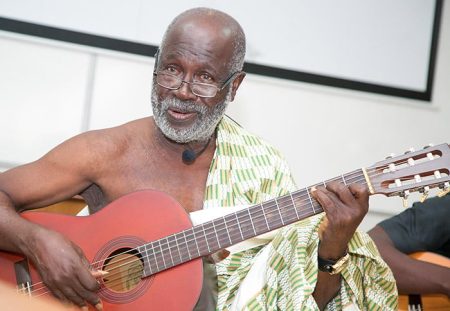The political landscape in Ghana has recently been animated by discussions surrounding the Attorney General’s decision to withdraw criminal charges against several officials from the opposition National Democratic Congress (NDC). This move has sparked debate and raised concerns about potential political bias within the judicial system. Nana Ekua, the New Patriotic Party’s (NPP) campaign spokesperson for health, has entered the fray, calling for greater tolerance and openness to dissenting voices within the NDC. Her remarks highlight the importance of public discourse and the right of citizens to question government actions, particularly those that appear to favor one political party over another. Ekua’s call for transparency underscores the need for accountability and reinforces the public’s role in holding elected officials responsible.
The crux of the controversy revolves around the Attorney General, Dr. Dominic Ayine’s decision to file a nolle prosequi, effectively halting the prosecution of several NDC officials. This action has fueled accusations of political maneuvering and preferential treatment, with some critics alleging that the Attorney General is acting as a “clearing agent” for former President John Dramani Mahama and his allies. The perception of selective justice erodes public trust in the impartiality of the legal system and can contribute to political instability. Ekua’s intervention emphasizes the necessity of addressing these concerns and ensuring that the pursuit of justice remains independent of political influence.
Nana Ekua’s appeal for greater tolerance within the NDC stems from the belief that healthy democracies thrive on open dialogue and the exchange of diverse perspectives. She acknowledges that political debates can be passionate and even contentious, but stresses that legitimate concerns raised by the public should not be dismissed or silenced. The right to question government actions is a cornerstone of democratic governance, enabling citizens to hold those in power accountable and ensure transparent decision-making. Ekua’s call for tolerance is not merely a plea for civility but a defense of fundamental democratic principles.
Ekua’s assertion that the public has “every right to question” the withdrawal of charges reflects a broader concern about transparency and accountability in government. The perception of impunity, where political elites are seemingly shielded from prosecution, can undermine public confidence in the rule of law. Ekua’s remarks underscore the importance of upholding the principle of equality before the law, regardless of political affiliation. By encouraging public scrutiny of government decisions, she reinforces the idea that power resides with the people and that officials are ultimately answerable to the citizenry.
The debate over the Attorney General’s decision highlights the delicate balance between the independence of the judiciary and the imperative to address potential political interference. While the Attorney General has the discretion to file a nolle prosequi, the reasons for doing so should be transparent and justifiable. The absence of clear explanations can fuel suspicion and create the impression that political considerations are overriding the pursuit of justice. Ekua’s call for openness serves as a reminder that maintaining public trust in the judicial system requires not only impartiality but also the appearance of impartiality.
In conclusion, Nana Ekua’s comments reflect a broader concern about the health of Ghana’s democracy and the importance of upholding fundamental principles of transparency, accountability, and tolerance. Her call for greater openness within the NDC and her defense of the public’s right to question government actions underscore the vital role of citizen engagement in holding power accountable. The controversy surrounding the Attorney General’s decision serves as a reminder that the pursuit of justice must be perceived as fair and impartial, free from political manipulation. Ekua’s intervention is a timely reminder of the importance of open dialogue and the need to address concerns about potential political bias within the judicial system to maintain public trust in the rule of law.


